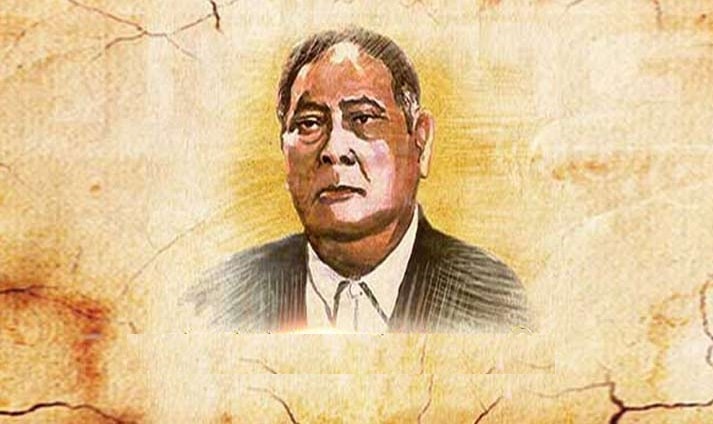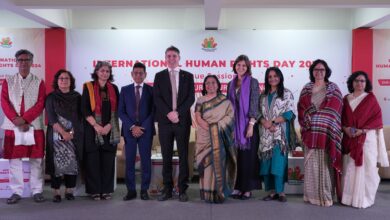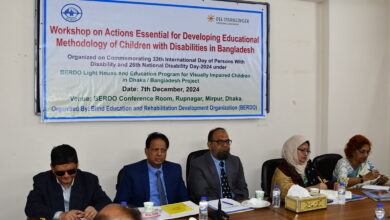President, PM pay homage to Sher-e-Bangla on death anniversary

President Abdul Hamid and Prime Minister Sheikh Hasina paid glowing tributes to the late leader Sher-e-Bangla Abul Kashem Fazlul Huq on the occasion of his the 60th death anniversary to be observed today.
They issued separate messages marking the death anniversary of Sher-e-Bangla and recalled his struggle for economic freedom for the peasants and toiling people of this country.
They also prayed for eternal peace of his departed soul.
In his message, President Abdul Hamid said Sher-e-Bangla was a uniquely wise and prudent politician of the subcontinent.
He his political career started in the hands of Nawab Sir Salimullah and Nabab Nawab Ali Chowdhury, Hamid added.
As a skilled politician and social activist, he worked for the welfare of the masses for more than half a century, he said.
The head of the state said Fazlul Huq, as a chief minister of undivided Bangla, had an outstanding contribution to the development of every sector including education, politics and social reforms.
The President recalled different steps taken by Sher-e-Bangla, including the formation of the Debt Settlement Board, for the welfare of the repressed and exploited farmers’ society.
The extraordinary personality and political wisdom and farsightedness of Sher-e-Bangla would remain as a model to be followed by the next generation, he added.
In her message, Prime Minister Sheikh Hasina said Sher-e-Bangla had struggled throughout his life for economic emancipation of the peasants of this country.
The premier said because of his bold leadership, liberal and benevolent characteristics, the people dubbed him as Sher-e-Bangla or Banglar Bagh (Tiger of Bengal).
Abul Kashem Fazlul Huq, popularly known as Sher-e-Bangla or Huq Saheb, was born on October 26, 1873, at his maternal uncle’s house at Saturia, a prosperous village in the Southern part of the district of Bakerganj.
But his ancestral house was at Chakhar, a village 14 miles away from Barishal town.
Huq was an eminent public leader who had held many high political posts including the Mayor of Calcutta (1935), Chief Minister of undivided Bengal (1937-1943) and East Bengal (1954), Home Minister of Pakistan (1955) and Governor of East Pakistan (1956-58).





